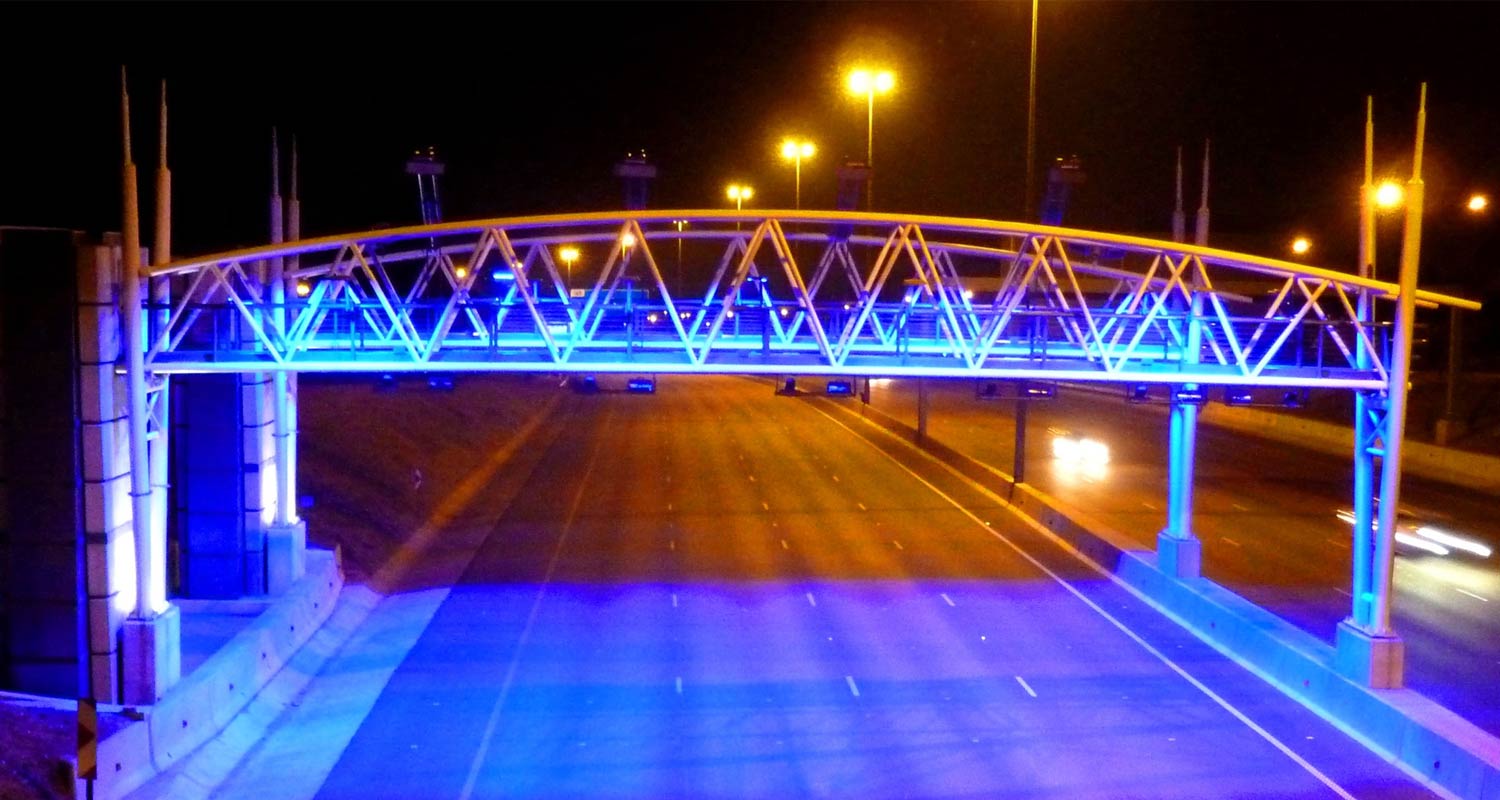 Government has officially scrapped e-tolls, according to a proclamation in the Government Gazette published on Thursday.
Government has officially scrapped e-tolls, according to a proclamation in the Government Gazette published on Thursday.
The gazette, signed by transport minister Sindisiwe Chikunga, scraps e-toll gantries on Gauteng highways – and the much-maligned system will be switched off on 11 April.
In a statement issued by Sanral, the national roads agency said the gantries used to toll road users “will officially be disconnected from the e-tolls network from 11.59pm on 11 April 2024”.
Under a multi-stakeholder deal, it has been agreed that:
- The Gauteng provincial government will pay 30% (R12.9-billion) of Sanral’s debt to national government;
- Gauteng will contribute to backlog maintenance to the tune of R4.1-billion;
- National treasury will cover 100% of Sanral’s debt; and
- The Gauteng Freeway Improvement Project will be withdrawn as a toll road.
“The signatories reiterate that the user-pays principle remains a government policy and commit to
continually engaging and working together to explore adequate and stable funding solutions for
road construction, maintenance and upgrade to support economic development,” Sanral said.
In his state of the province address on 19 February, Gauteng premier Panyaza Lesufi promised that switching off the e-toll gantries would begin by no later than 31 March, a commitment many greeted with scepticism.
Read: Politicians spin wheels amid e-tolls shambles
According to civil action group Organisation Undoing Tax Abuse CEO Wayne Duvenage, interviewed on television news channel Newzroom Afrika, the move to scrap e-tolls is final.
“This is it,” he said. “It’s something to be celebrated.”
He praised “the power of the public to overcome bad laws”. Government was its own worst enemy, as “the constitution requires consultation with the public but the consultation it had was meaningless. Also, the scheme has corruption built into it and was cumbersome administratively.
“No one was opposing technology, but this was an expensive scheme with no buy-in from the public, and one that pushed huge revenue offshore.” (The-tolls collection agency is owned by Austrian company Kapsch TrafficCom.)
“If government had worked with civil society, we’d be down the road of a workable scheme, but they’ve ruined it for electronic schemes in the future,” Duvenage said. Outa, which was previously known as the Opposition to Urban Tolling Alliance, was originally founded to fight the e-tolls systems.
Read the Government Gazette notice scrapping e-tolls (PDF). — © 2024 NewsCentral Media

